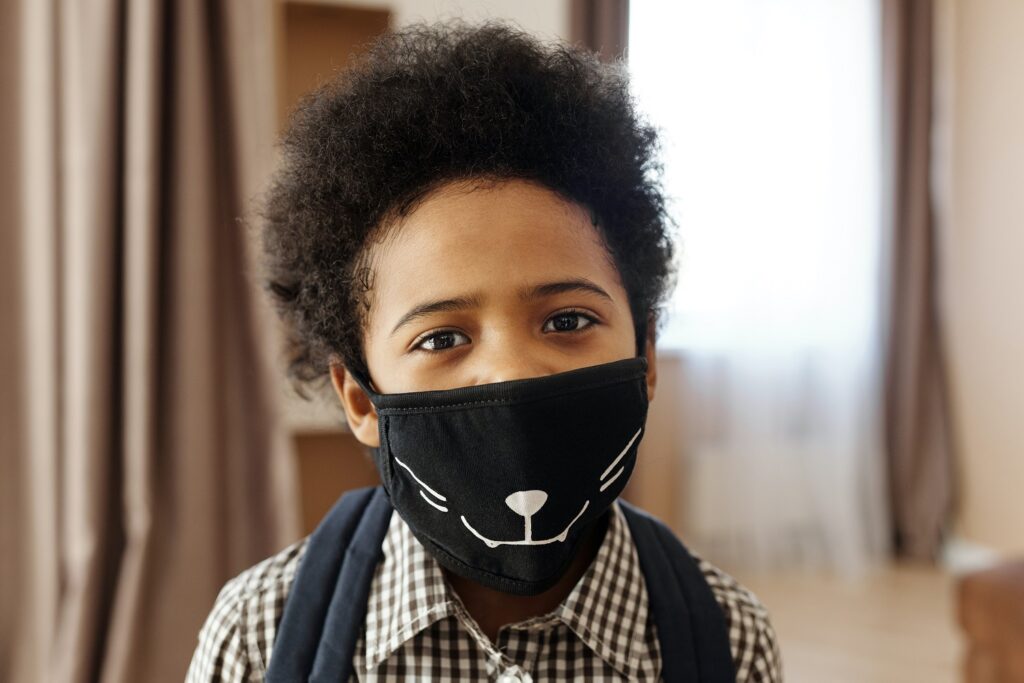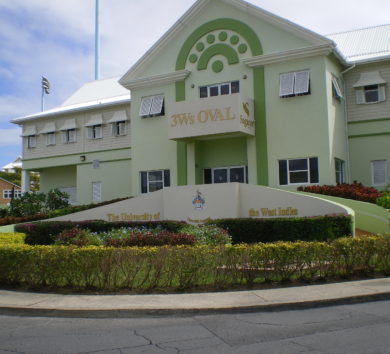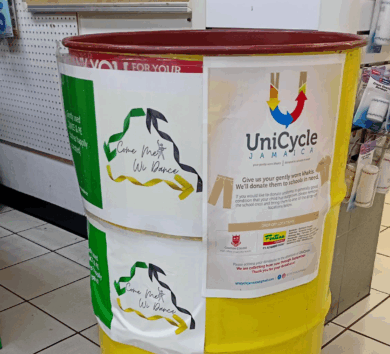A guide for parents on preparing students to return to school

By Keisha Hill
With the Government’s recent announcement that students from 17 schools in nine parishes are to return to face-face learning on a phased basis, several protocols must be followed to get the children back into the classroom safelyamid the coronavirus pandemic.
The pilot will run for two weeks, from November 9 to 20, in 12 primary schools and five high schools in Clarendon, Manchester, Portland, St Ann, St Elizabeth, St James, Westmoreland, St Thomas, and Trelawny. More than 5,000 students are enrolled in the selected institutions.

The 17 schools, with around 5,800 students, span nine parishes. They are Tranquility Primary and Infant and Moore Town Primary and Junior High in Portland; Yallahs High in St Thomas; Steer Town Primary and Junior High in St Ann; Troy High and Albert Town High in Trelawny; Somerton All-Age and Infant and Chatsworth Primary and Infant in St James; Chantilly Primary in Westmoreland; Mile Gully Primary in Manchester; Bethlehem All Age and Infant and Ballards Valley Primary in St Elizabeth; and Morgans Forest Primary and Infant, Garlogie Primary and Junior High, Alston High, and Kemps Hill High in Clarendon.
In the weeks since the virtual reopening of school, the majority of institutions have reported less than 50 per cent attendance of students at online classes, as pupils and parents continue to face a range of challenges.

Education Minister Fayval Williams said the decision to resume face-to-face classes was informed by public health and other sound data on the risk profile for each school including geoinformatics and demographic data, including a range of indices such as water supply, transportation distance, and enrolment density, informed the selection of schools.
Here are a few tips to help parents and children successfully navigate their return to learning.
- MASK ETIQUETTE: Teach your children how to wear their masks properly. Be sure they remove them using the ear straps instead of the fabric for optimal hygiene! Encourage them to practice wearing masks for short periods at home and especially when they are out in public, gradually increasing the amount of time that they can tolerate the mask. Plan to supply your children with extra masks for school. Children need to hear from their parent that masks are one of the best ways to protect ourselves and others from getting COVID-19.
- ENCOURAGE PROPER HYGIENE: Encourage hand washing often, have some fun with it by singing a song or telling some jokes while they wash. Establish consistent house rules about hand washing, including every time before family members leave home and come into the home from outside, after going to the bathroom, and before and after eating.
- SOCIALISE AGAIN WITH OTHER CHILDREN: Children around the country have halted playdates and socialising in-person with their peers. While this was essential for health reasons and to help slow the spread of the virus, it can make it tricky when students are back in the classroom with their friends and peers. Now is the time to reorient children to socialising in a safe way. Most children will bounce back to socialising, but it might be helpful for them to do so with a parent present first, before school starts.
- GET BACK ON A REGULAR SLEEP SCHEDULE: Many students have been on a different sleep schedule throughout the pandemic. They are likely going to bed later and getting up later in the morning. Parents can start incrementally pushing up bedtime to help ease the transition. Try to follow a consistent bedtime routine and avoid electronics.

- HAVE CONVERSATIONS: Having open, age-appropriate conversations with your children will help them know they are not alone, that we do not have all the answers, that flexibility is very important in this time of COVID-19, and that scientists, health experts, parents, teachers and other leaders are doing everything possible to ensure their health and safety.
Talk with your children and help them understand that anyone can get the virus, no matter where they are from in the world. This is important to reduce any potential stereotypes and ensure compassion and equity in the classroom and beyond.
- PREVENT SEPARATION ANXIETY: After spending many long months at home, children may feel nervous about going back to school and being apart from family members. Have conversations about going back to school and try to develop tools for your child to feel connected to home.
- BE AVAILABLE: Your children may react to changes in the school in various ways. Be ready for some behaviour changes, such as acting out in younger children and quietness in teens. Remember that pillow time before bed is a good time to listen to your child recount events and feelings from the day. This extra time provides a safe environment for children to express their feelings and you may be surprised how much you learn about them.
SOURCE: www.moh.gov.jm







Comments